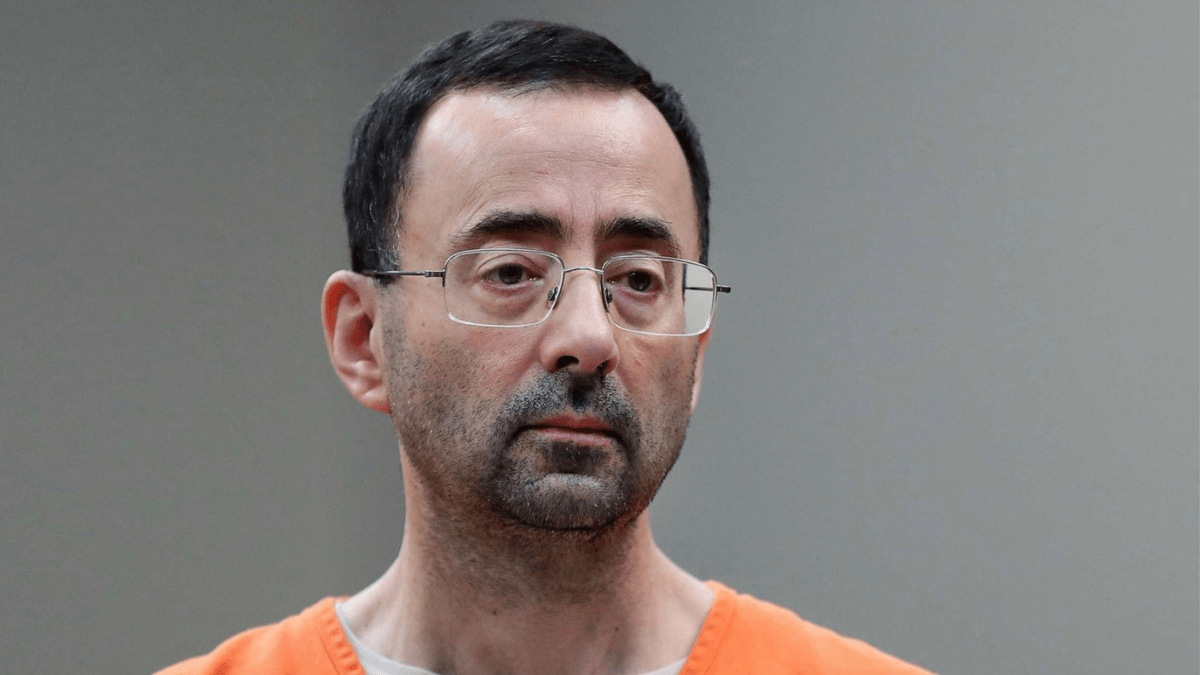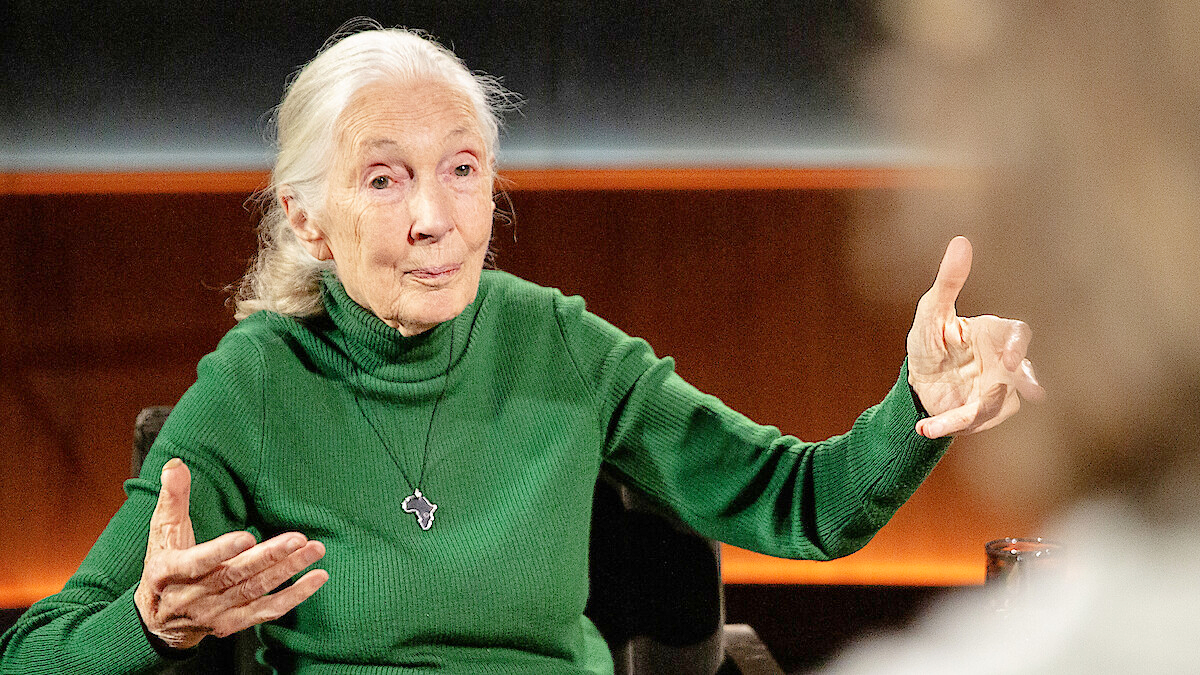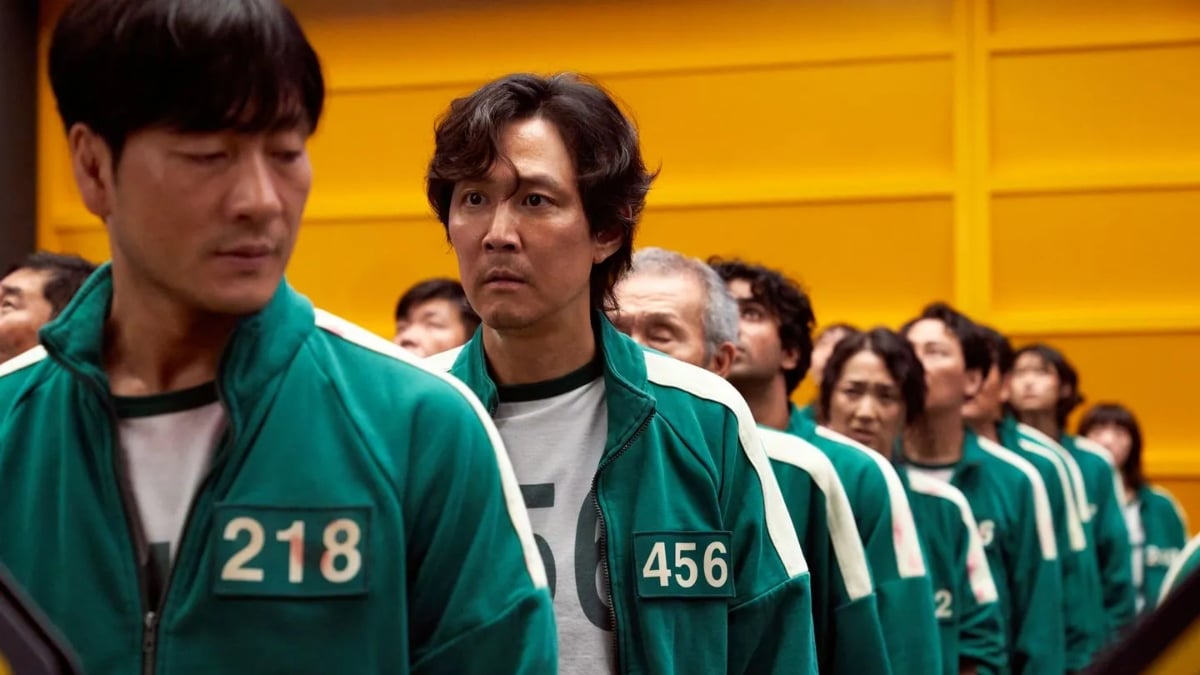Dishonored former sports doctor Larry Nassar, who was convicted of sexually abusing female athletes including Olympic medalists, faced a violent encounter when he was stabbed multiple times during a prison brawl with another inmate at a federal facility in Florida.
Sources familiar with the matter stated that the altercation occurred on Sunday at United States Penitentiary Coleman, where Nassar is serving his sentence. As of Monday, Nassar’s condition was reported as stable.
One of the sources revealed that Nassar suffered stab wounds to his back and chest. The prison, which has been grappling with understaffing issues, had officers assigned to Nassar’s unit working mandatory overtime shifts. The sources, who spoke on the condition of anonymity, were not authorized to disclose details of the attack or the ongoing investigation.
Nassar is currently serving a lengthy prison term following his convictions in state and federal courts. He admitted to sexually assaulting athletes during his tenure at Michigan State University and at USA Gymnastics, where he held a position working with Olympic competitors.
Additionally, Nassar pleaded guilty to possessing child pornography.
The federal Bureau of Prisons has confronted significant staffing shortages in recent years, a matter that gained attention after disgraced financier Jeffrey Epstein took his own life at a federal jail in New York in 2019.
An investigation conducted by the Associated Press in 2021 revealed that nearly one-third of federal correctional officer positions nationwide remained vacant, forcing prisons to rely on personnel from various backgrounds, such as cooks, teachers, and nurses, to fulfill guard duties. These staffing deficiencies have hampered emergency response capabilities in several prisons, including cases of suicide.
Why is sports medicine Dr. Larry Nassar in prison?
During the victim impact statements in 2018, numerous athletes testified that they had disclosed Nassar’s sexual abuse to adults, including coaches and athletic trainers, but their reports went unaddressed. Over 100 women, including Olympic gold medalist Simone Biles, collectively sought over $1 billion from the federal government, alleging that the FBI failed to intervene promptly when allegations against Nassar came to their attention in 2015. Michigan State University police arrested Nassar in 2016, more than a year after the initial reports were made.
In July 2021, the Justice Department’s inspector general criticized the FBI’s handling of the sexual abuse allegations against Nassar, highlighting “fundamental” errors and a lack of seriousness in the investigation. Additional victims came forward, revealing that they had been molested prior to the FBI’s involvement.
The inspector general’s investigation was prompted by allegations that the FBI failed to promptly address complaints made in 2015 against Nassar. USA Gymnastics conducted its own internal investigation, and the organization’s then-president, Stephen Penny, reported the allegations to the FBI’s field office in Indianapolis. However, months passed before the bureau initiated a formal investigation.
In addition, at least 40 girls and women reported being molested over a 14-month period while the FBI was aware of other sexual abuse allegations involving Nassar. In May 2016, officials at USA Gymnastics also contacted FBI officials in Los Angeles following eight months of inactivity from agents in Indianapolis.
Why did Nassar’s crimes go unpunished for so long?
The FBI acknowledged its conduct as “inexcusable and a discredit” to America’s premier law enforcement agency.
Michigan State University, which was accused of missed opportunities to stop Nassar over many years, agreed to pay $500 million to more than 300 women and girls who were assaulted by him. USA Gymnastics and the U.S. Olympic and Paralympic Committee reached a $380 million settlement. In June 2022, the Michigan Supreme Court rejected Nassar’s final appeal. Attorneys for Nassar argued that he was treated unfairly in 2018 and deserved a new hearing based on vengeful remarks made by a judge who referred to him as a “monster” destined to “wither” in prison, likening him to the wicked witch in “The Wizard of Oz.”
How long will Nassar be in prison?
Ingham County Judge Rosemarie Aquilina, who presided over Nassar’s case, famously declared, “I just signed your death warrant,” as she handed down his 40-year sentence.
The state Supreme Court acknowledged that Nassar’s appeal raised concerns and presented a close question. Nevertheless, they noted that despite Aquilina’s provocative comments, she adhered to the sentencing agreement reached by the lawyers involved in the case.
The court declined to pursue further judicial action, deeming the questions at hand as merely an academic exercise and expressing concern about subjecting the victims to additional trauma.
Over 150 victims provided statements during an extraordinary seven-day hearing in Aquilina’s court over four years ago. Rachael Denhollander, the first woman to publicly accuse Nassar, expressed a sense of closure, stating, “It’s over… Almost six years after I filed the police report, it’s finally over.”
In addition to Denhollander, numerous other athletes confronted Nassar directly in court, expressing their pain and the lasting impact of his abuse. One of the most poignant statements came from Aly Raisman, another prominent gymnast and survivor.
Team USA Olympic Gymnasts speak out about Nassar’s abuse
Raisman said, “Over those 30 years when survivors came forward, adult after adult, many in positions of authority, protected you, telling each survivor it was OK, that you weren’t abusing them. In fact, many adults had you convince the survivors that they were being dramatic or had been mistaken. This is like being violated all over again.”
Raisman’s powerful words resonated with survivors and shed light on the systemic failures that allowed Nassar to continue his abuse for so long. She called for an independent investigation into USA Gymnastics, the U.S. Olympic Committee, and Michigan State University, emphasizing the need for accountability and reform within these institutions.
“You do realize now that we, this group of women you so heartlessly abused over such a long period of time, are now a force and you are nothing,” Raisman declared during her statement. “The tables have turned, Larry. We are here, we have our voices, and we are not going anywhere.”
Olympic medallist Simone Biles also made a statement about how Nassar impacted her well-being.
“After hearing the brave stories of my friends and other survivors, I know that this horrific experience does not define me. I am much more than this. I am unique, smart, talented, motivated, and passionate. I have promised myself that my story will be much greater than this and I promise all of you that I will never give up.”
The revelations of Nassar’s abuse and the subsequent failures of institutions to address the allegations have had far-reaching implications. The Justice Department’s inspector general report, along with the courageous testimonies of the survivors, have shed light on the urgent need for accountability and reform within the sports community and law enforcement agencies. The survivors’ pursuit of justice has not only brought attention to Nassar’s heinous crimes but has also sparked a broader conversation about the protection of athletes and the prevention of abuse within the system.
Moving forward, it remains critical for institutions to prioritize the safety and well-being of athletes and for authorities to respond promptly and thoroughly to reports of abuse. The Nassar case serves as a stark reminder of the profound impact that abuse can have on victims and the responsibility of all individuals and organizations involved to prevent such atrocities from occurring in the future.
What will happen to Nassar after his attack in prison?
As the investigation into the attack on Nassar unfolds, authorities will be tasked with determining the circumstances surrounding the incident and ensuring the safety of all individuals involved. The outcome of this investigation will shed further light on the challenges faced by the prison system in addressing the needs and security of high-profile inmates like Nassar.
Larry Nassar’s name has become synonymous with the horrors of sexual abuse within the world of sports. While his conviction and imprisonment marked a significant step towards justice for the survivors, the repercussions of his actions continue to reverberate. The journey towards healing and reform is ongoing, as survivors, advocates, and lawmakers work tirelessly to create a safer environment for athletes and to hold those responsible for enabling abuse accountable.











Published: Jul 10, 2023 11:27 am